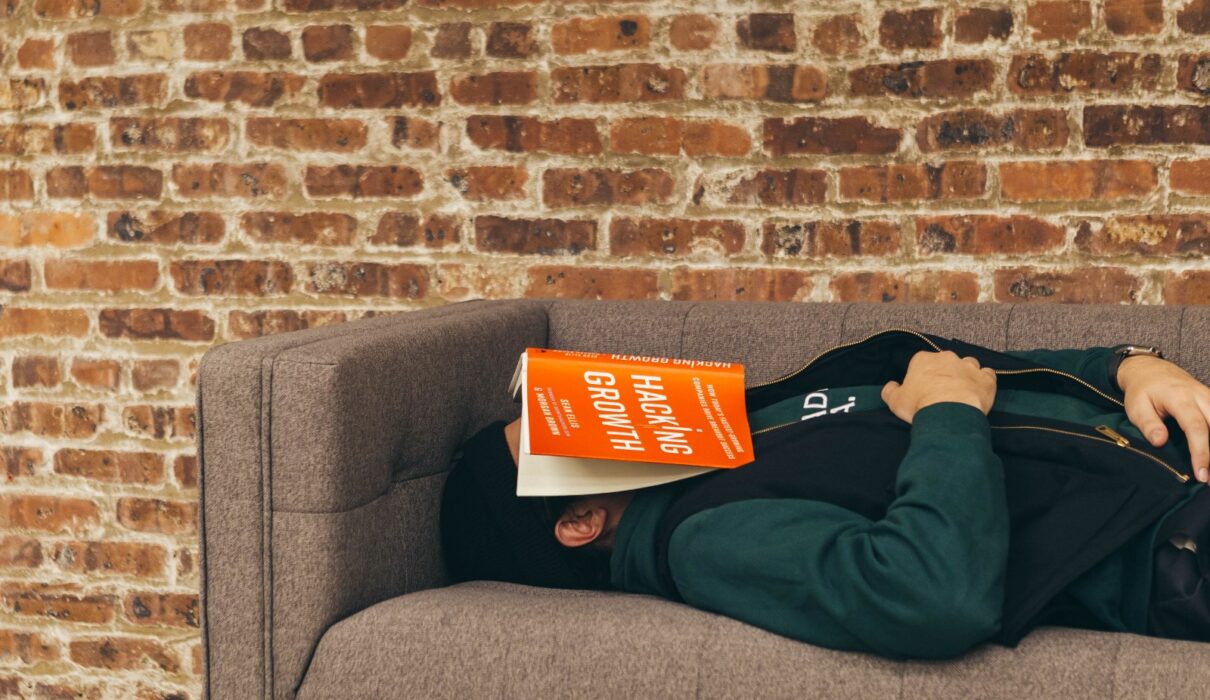Age is no excuse — we have to get better as we get older!
I will never stop aiming for better health and longevity throughout my lifetime. My goal is to lead an inspirational and meaningful life filled with opportunities to fulfil those dreams; the highest requirement is to keep my health and fitness in top condition. It is pretty painful seeing young people leading a less-than-ideal lifestyle. Most young people fail to place a higher emphasis on how that will impact as those birthdays increase every single year. My youth left me ignorant of what could await me as I age. What don’t we know won’t hurt us? Eventually, it will down the line, and it may take us by surprise! Perhaps my journey with both of my parents passing away from cancer has a lot to do with why I’m passionate about writing to inspire others toward better health. I refuse to let disease and ill health become my reality. Nothing is ever a guarantee for all your effort towards better health. Instead, it will give us the best chance at life than allow circumstances to take over. You control every decision you make: Your food intake choices, activity and the life you want to lead. How does this impact your life now and in the future? It affects everything, and if we don’t start paying attention now, we may be unpleasantly surprised later on. Food is just one small component of your health and longevity journey — what about activity in our youth and as we age?
Evolutionary biologists and biomedical researchers from Harvard have taken a new approach to a study published in the PNAS. This work shows that humans have evolved to live longer despite reproductive cessation. The study uses the ape cousins of humans as a starting point for this research. Apes only usually live to 35 and 40 in the wild and survive past menopause.

These apes are considerably less active than most humans (although I question that now!). So we can assume that there was a selection in evolution to live longer and be more physically active during that time. Researchers observed the wild chimpanzees in Tanzania and noticed they spent most of their time sitting on their backsides and becoming couch potatoes!

That’s a stark contrast to contemporary hunter-gathers who spend an average of 135 minutes exercising moderately or vigorously every day. That’s about six to ten times more than the average American! Physical activity is stressful on the body, but the byproduct is that you essentially rebuild yourself up to become stronger. Repair includes tears in muscle fibre (when you lift weights and gain muscle plus strength), repair cartilage damage and healing micro-fractures. Exercise-related antioxidants & anti-inflammatories are also released in the process. When you don’t exercise, these instances are less likely to occur. Cellular repair during exercise has lowered the risk of diabetes, obesity, cancer and osteoporosis, Alzheimer’s and depression.That’s quite a list of benefits! Key take away Everyone has to face our evolutionary make-up right now. We have evolved to keep active and regularly move throughout the day. Exercising helps us to age well. Back in our cave dwellers era, we were forced to move regularly or risk starving or being eaten by an animal. We don’t have that kind of life-threatening incentive now. The option is to dial in for an Uber and eat a meal on our couch watching Netflix.

Fortunately, those simple life occurrences are still needed today to experience excellent health in our youth, most definitely in old age. So, start taking on some voluntary physical activity to ensure you survive and age well for many years to come. What’s your favourite exercise?
If you would like to read more articles like this or start writing your own, please sign up via my link. I’d love to see you on the other side. ???????? Sign up here for your medium subscription. I get a portion of your monthly fee at no extra cost to you, and it will go a long way in supporting me as a writer.

1 Comment